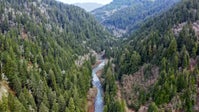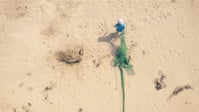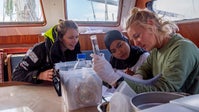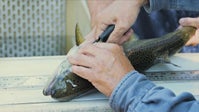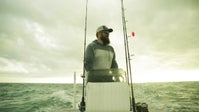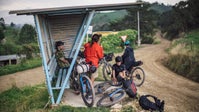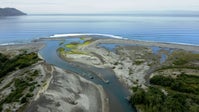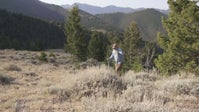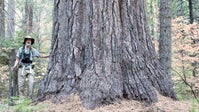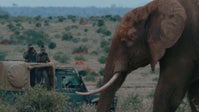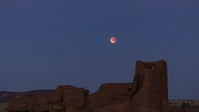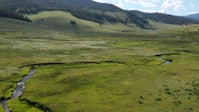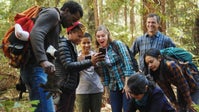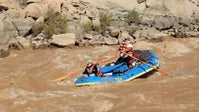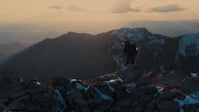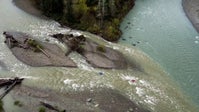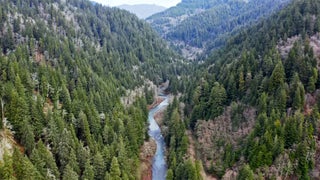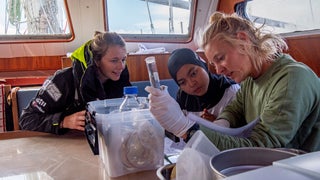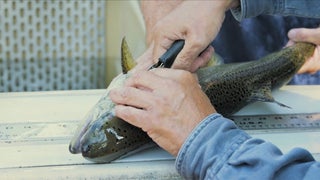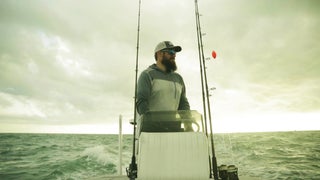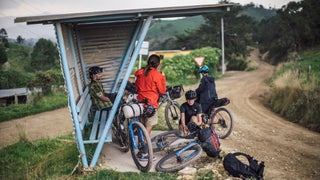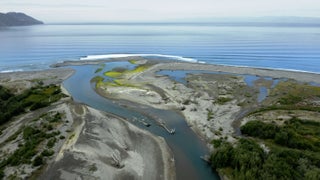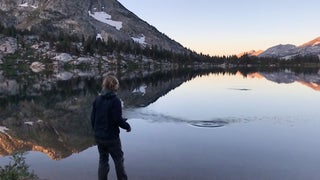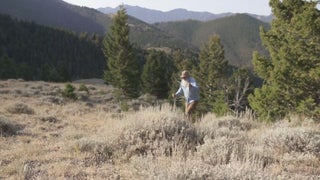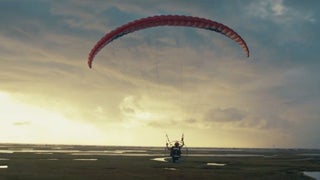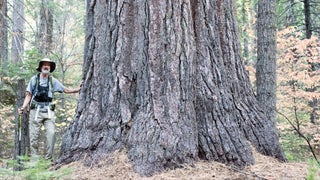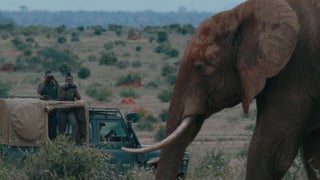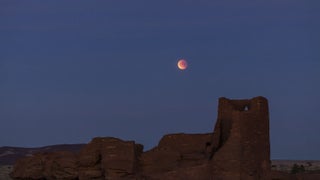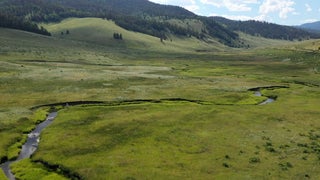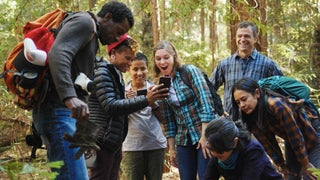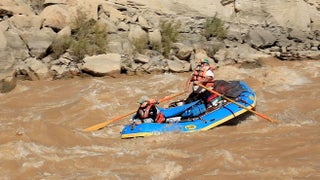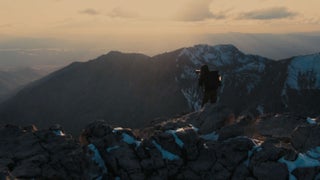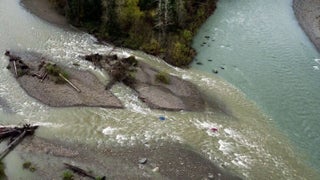[MUSIC PLAYING] MALAQUIAS RAEL: It came at a good time, if you will, the church collapsing and all that, because it was close to when the mine was on its downturn. It was one of those periods where you were faced with the challenge that you really wanted to take on. And a challenge that, you know, saying, hey, this is the heart of our community.
You know, the church is the oldest building in Questa. And for us to just say goodbye to the oldest building and something that has produced and helped, you know, many people in the community in different ways, to be able to preserve that and reconstruct this church, for me, was like a symbol of well, it shows what people can do if they put their mind to it. In a way, we're trying to reconstruct our community because of the blow that we had because of the closing of the mine.
SUBJECT 1: Do you have much in stock right now or should it be ordered?
SUBJECT 2: I can these by tomorrow
SUBJECT 1: OK. I mean, it's not, it's not absolute urgent [INAUDIBLE]
MALAQUIAS RAEL: I think the good thing about this community is that it's older than the mine. It's older than, you know, it has more depth to it than a mining community. And I think that's important, because people are able to still go back and say, look, we're here before this. You know, we have dealt with worse things, you know, besides the closing of the mine. And we can go back to other things that help people live in this community.
MARK GALLEGOS: Questa has been in and out of this mining industry for over 100 years. And it's had its boom and it's had its bust. And I think this is the time for us to not only to survive, but now to thrive in a whole different light and recreate another chapter, or maybe another book of what Questa's going to be like for the next 100 years.
CYNTHIA RAEL: For me, you know, Questa's a-- it's just home. It's just a nice, safe-- it's just home. I've chosen to be here and I had the opportunity to open this up again, a store. We changed it. It's not a grocery store. It's still a market. But I'm just really happy and proud to keep the Rael name going here in Questa.
You really want your community to flourish, you know, and you really want people to do what they want to do here. You know, if they want their own business, if they want to work for someone else, if they want to just to come to-- a place to come back, you know, you want that, and you want Questa to stay like that.
MALAQUIAS RAEL: In the 60s, you know, this was a great place to come fishing. I've heard that at one point, the majority or one of the places in New Mexico were fishing licenses were sold was right here in this little town. You know, and I'm proud to say that my dad was one of those vendors, you know. And my dad's friend Norbert, you know, where we-- by the you know, this gas station at the time, he was another vendor. So here's these two guys selling fishing licenses to a lot of people.
CHRISTOPHER MICHAEL: To really excel here, you're going to have to look at what you've got around you. And what we have is all natural resources. And it's everything that everybody else doesn't have. And so if it's not the recreational, what is it going to be?
[INAUDIBLE] This is really good in here. Nobody ever fishes this.
[MUSIC - BRONZE RADIO RETURN - "THE STORM"]
(SINGING) Lay on down and I hit the light, close my eyes on a quiet night. Half in a dream and asleep until I hear little drops on my windowsill. I know that sound and smell of daunting rain. She moves my weathervane. She is the storm, the calm that proceeds, the howling wind and the still air in between. And I see her clouds rolling in with a force knock me down and pick me up again.
TALISA FUENTES ORTEGA: Easiest route you see is dropped off right here, right?
One of the big projects that I've been tasked with is the Pueblo received a grant to investigate their cutthroat trout population here, because they have something that is just so cool, which is a core population of Rio Grande cutthroat trout. It's been verified that they are at least 98.5% genetically pure. They could be more, but that's the threshold, which apparently is something that's been extremely rare nowadays.
When you say it, it sounds so amazing, like, wow, we have this genetically pure population. And then you look at it and you're like, well, yeah, they're in this literally untouched territory on Taos Pueblo where things have-- these people have been. They call it time immemorial.
BERNARD LUJAN: And we like to preserve what was here when we got here. It needs to survive, just like us.
TALISA FUENTES ORTEGA: They knew that they had cutthroat trout. They saw a trend that they were kind of disappearing, being stressed, population was becoming limited, and wanted to see what we were working with. The rivers that they are in here also have brown trout. I'm looking at how far the brown trout go up into cutthroat territory and what might be limiting them from accessing other sites, moving upstream for spawning, or being able to come back to lower sites once that's done.
When you're in a certain area and you look at things like, wow, what's supposed to be here, and you catch a cutthroat, it's so much more exciting. You feel like you're catching a piece of history.
BERNARD LUJAN: The cutthroat is slowly dwindling, but they're still there. So there's hope that we can still bring it back and introduce more.
TALISA FUENTES ORTEGA: Knowledge is power. And you know, a community with knowledge, they can actually make changes and do something that's going to make a difference.
GEORGE RAEL: As far as I can remember back, you know, it was pretty much based on cutthroats here, I was growing up as a kid.
LORI RAEL: To me, that was a big thing, just to go fishing with Grandpa and learn how to fish and bring it home and put it on the table, feed it to the family, and show my kids. You know, at the time I was a little girl, I didn't know. But learning that as a kid, you'll always have that in the back of your mind.
GEORGE RAEL: There are several different headwaters that come out of the canyons that hold the exceptional cutthroats, which are, you know, red belly. There's not a whole lot of them, you know. Once in a while, we'll keep a couple. But you know, we don't want to keep 10.
I see the community, you know, where I guess we're being seen as we've got good elk here, good fishing, just about everything to offer, which is camping, RV, and we got an RV park in town, you know, hiking, cabins here in town. So yeah, I see it as a good thing. You know, it prospers, being 30 years ago, nobody even knew what Questa was.
MALAQUIAS RAEL: How do you not tear the fiber from the community, but still add this new color to it? You can't do one thing and make a living in Questa. The people I know do two or three things. Instead of beating the hell out of yourself getting firewood to go sell, imagine if you could sell a, you know, if you had five day trips of, even just five day trips of fishing where you're able to make enough money that it would-- you don't have to go for firewood.
For my part, I think it's trying to get as many people on board to believe that what this community can be, you know, without moving them out, you know what I mean, without gentrification coming in. And there's room for more people to come and move into this community and help it become a thriving community.
The most important thing, if you want a culture to thrive and to survive and to be strong, well, you have to share it. You can't just be that little culture of your own, isolated. For me, Questa belongs to me. But that means that Cabresto belongs to the cutthroat. That's what it means.
We teach our kids is like, well, you live in a place that you could take advantage of things and we can still live in this place. You might not make city wages, but go look out your door. You have a millionare's dream.
[MUSIC PLAYING]

